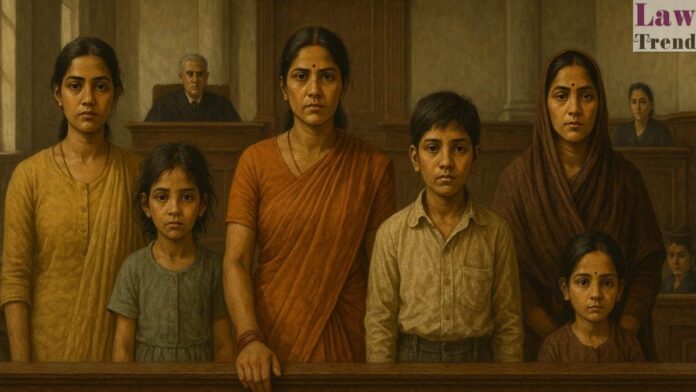The Madurai Bench of the Madras High Court has ruled that children born out of a void marriage are legitimate under Section 16(1) of the Hindu Marriage Act, 1955, and are entitled to a share in the property that falls to the share of their parents in the ancestral property. The Division Bench, comprising Justice
To Read More Please Subscribe to VIP Membership for Unlimited Access to All the Articles, Download Available Copies of Judgments/Order, Acess to Central/State Bare Acts, Advertisement Free Content, Access to More than 4000 Legal Drafts( Readymade Editable Formats of Suits, Petitions, Writs, Legal Notices, Divorce Petitions, 138 Notices, Bail Applications etc.) in Hindi and English.




